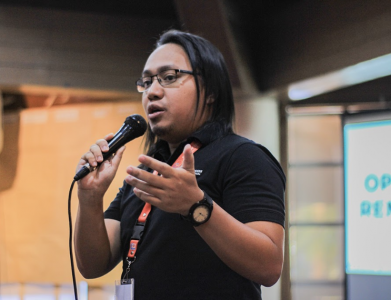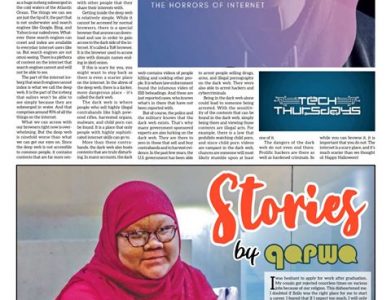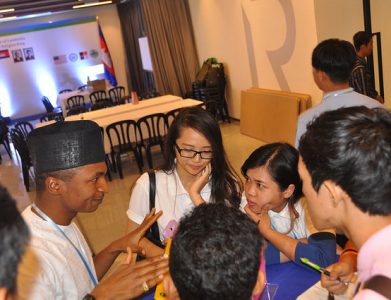In Laos in early September 2016, President Obama told members of the Young Southeast Asian Leaders Initiative (YSEALI), “We should work together so that development is sustainable — especially along the Mekong, upon which millions of people depend for their livelihood and their food and their health. The Mekong is a treasure that has to be protected for future generations, and we want to be your partner in that process.”
In that spirit of partnership, U.S. Embassy Phnom Penh and the Department of State’s TechCamps team from the Bureau of International Information Programs worked with the Center for Khmer Studies to organize a TechCamp for the Lower Mekong region. TechCamp Cambodia was held in Phnom Penh on September 24–25, encouraging collaboration between youth activists and technologists to develop new skills and exchange knowledge of digital strategies and technology to find solutions for environmental issues and sustainable development.
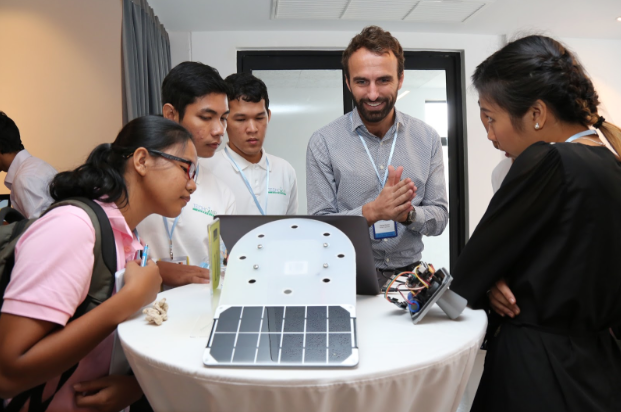
The 50 participants, all of whom are YSEALI members, came from Cambodia, Laos, Thailand, Vietnam, and Burma. The trainers came from organizations like Change.org, iLab SEA, Start Some Good, Open Development Mekong, Council on Foreign Relations, Girls in Tech, and other organizations to work on topics like finding and organizing data, data visualization, mapping, digital advocacy, digital storytelling, crowdfunding, and making effective advocacy videos.
Environmental issues threaten Lower Mekong region
In addition to President Obama’s call to collaborate, last year U.S Secretary of State John Kerry outlined some of the threats faced along the Lower Mekong region, acknowledging that development must ensure that “future growth does not come at the expense of clean air, clean water, and a healthy ecosystem.”
The Lower Mekong, which runs through Laos, Burma, Thailand, Cambodia and Vietnam, faces environmental issues including pollution, overfishing, rapid development, and dams. Estimates reveal that three-quarters of people in the Lower Mekong basin (roughly 70 million people) depend on the river system for food and livelihoods, particularly in Cambodia and Laos, making these threats even more severe.
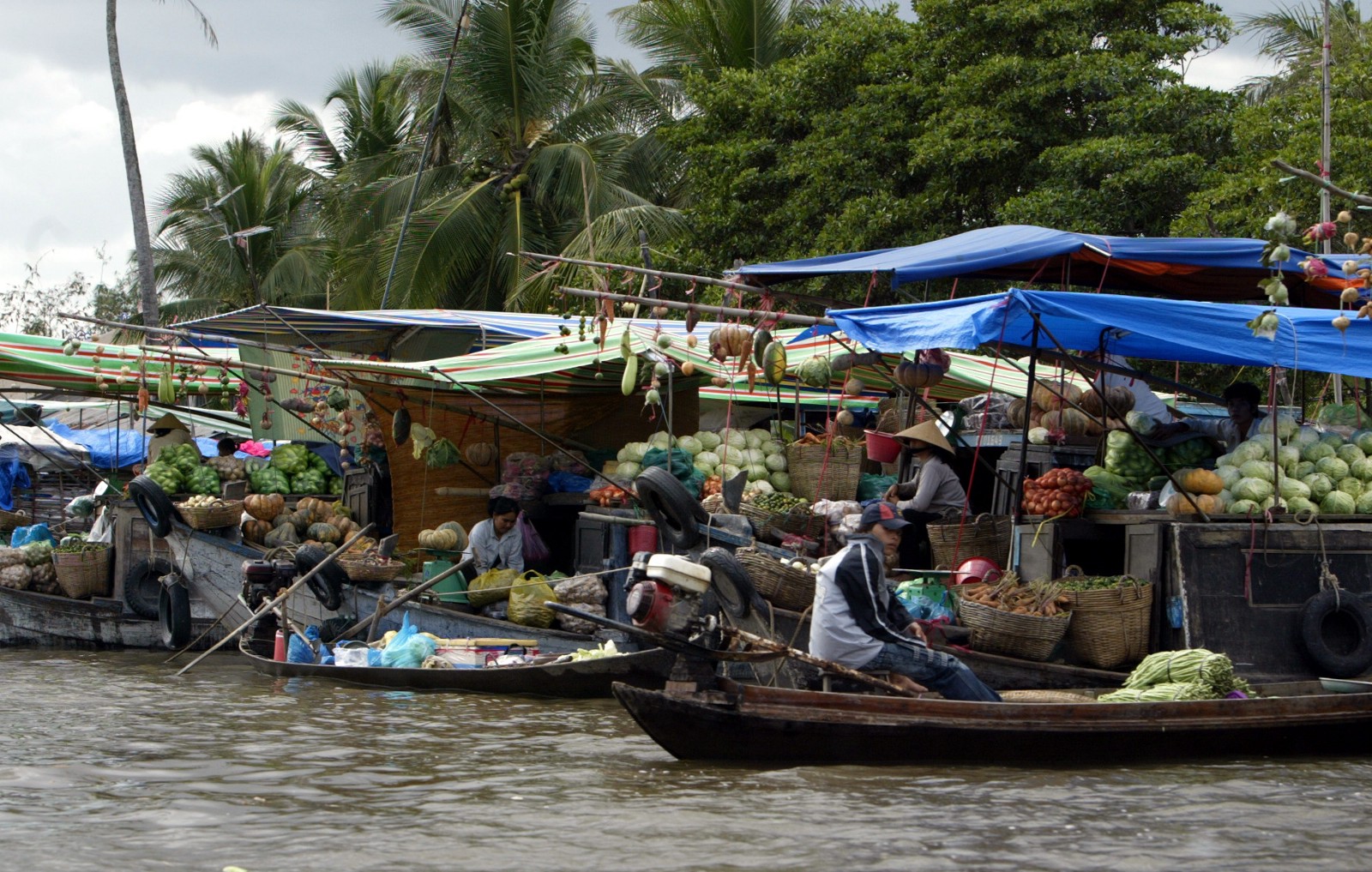
Innovative ideas to counter environmental threats
TechCamp Cambodia participants partnered with local and international trainers during the two-day workshop to design projects to counter those threats to the environment. Projects created during TechCamp Cambodia included a social media campaign called #treefie challenge to promote planting trees to prevent flooding; an app called Trash Warrior that aims to reduce water pollution through a game that encourages recycling and trash clean-up; and an online advocacy campaign called #ChangetheDamBoard to encourage governments and committees to manage dams more effectively to aid fisherman and communities who rely on the water flow from the dams.
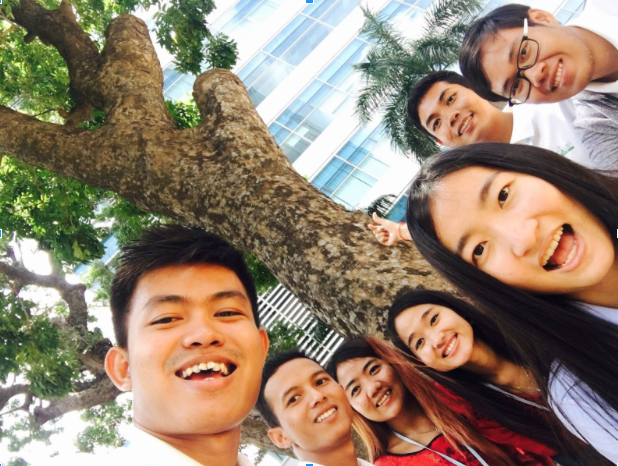
Next steps for TechCamp participants
And the work won’t stop here. At the end of the TechCamp, the organizers announced that there would be small grants to fund some of the projects that were developed during the workshop. This funding will support teams of TechCamp Cambodia participants working collaboratively to implement some of their project ideas, with a focus on practical, technology-based solutions to challenges that impact waterways in the Lower Mekong. It will also prepare these young activists to become more effective advocates for environmental issues through targeted outreach efforts around YSEALI YOUnified, an ASEAN-wide day of community service that took place on December 3, 2016 to mark the third anniversary of YSEALI.
We are excited to support TechCamp Cambodia participants as they put their new digital skills to use and work together towards a cleaner, healthier future in the Lower Mekong region.
